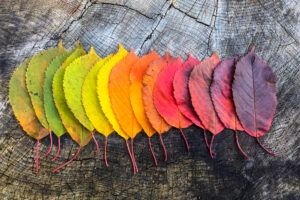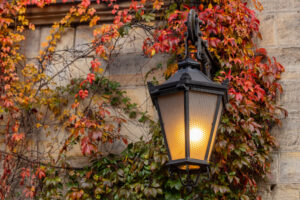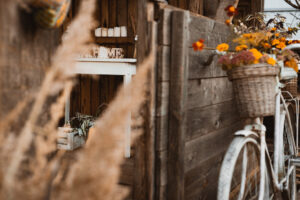The Importance of Mulch for Your Garden and Home
Weed Control and Soil Health
Mulch isn’t just a pretty face; it plays a pivotal role in suppressing unwanted weed growth. By forming a barrier over the soil, it prevents weed seeds from receiving the sunlight they need to germinate. But that’s not all – mulch is a champion for your soil’s health. As organic mulches break down, they enrich the soil with vital nutrients, enhancing its structure and fostering a thriving micro-ecosystem underground.
Moisture Retention and Temperature Regulation
One of mulch’s superpowers is its ability to retain moisture in the soil, reducing the need for frequent watering – a boon in dry climates. It also acts as an insulating layer, keeping the soil cool in the scorching summer heat and warm during chilly winters, offering a stable environment for your plant roots.
Aesthetic Appeal and Erosion Control
Mulch can transform the look of your garden, giving it a polished, cohesive appearance. It also plays a vital role in preventing soil erosion, especially in areas prone to heavy rain.
Understanding Mulch Types and Their Lifespan
Organic vs. Inorganic Mulch
The mulch market offers a variety from wood chips and shredded bark to rubber and decorative stones. Organic mulches like wood and straw are great for improving soil quality but need to be replaced as they decompose – typically lasting one to four years. Inorganic mulches like rubber and stone don’t boost soil fertility but last much longer, often several years.
Choosing the Right Mulch for Your Needs
When selecting mulch, consider your soil type, the specific needs of your plants, your local climate, and of course, your aesthetic preferences. Each type has its pros and cons, so choose what aligns best with your garden’s needs.
The Costs of Mulch: What to Expect
Price Range for Different Mulch Types
Prices vary widely – bulk mulch could range from $15 to $65 per cubic yard, and bagged mulch might cost $2 to $7 per bag. Specialty mulches like cocoa shells may cost more.
Calculating the Cost Per Square Foot
To estimate cost-effectively, remember that one cubic yard of mulch covers about 100 square feet at a 3-inch depth. Divide the total cost by the coverage area to get the price per square foot.
Best Times to Buy: Mulch Sales and Deals
Identifying Sale Seasons
The best times to buy mulch are during spring and fall when home improvement stores and garden centers often run sales. Keep an eye out during holiday weekends and end-of-season clearances for the best deals.
Places to Find the Best Mulch Deals
Home improvement stores like Lowe’s and Home Depot are popular choices, but don’t overlook local garden centers and online retailers. Comparing prices and exploring options can lead to significant savings.
Tips for Buying Mulch at the Best Price
Stay updated with store flyers, sign up for newsletters, and don’t hesitate to ask about bulk purchase discounts. Sometimes, buying off-season can also fetch you a great deal.
Unique Uses of Mulch Beyond the Garden
Beyond traditional uses, mulch can create beautiful, soft pathways in your garden, serve as a protective layer in play areas, and even be a part of your potting soil mix.
Conclusion
From enhancing your garden’s health to saving money during sales, understanding the nuances of mulch can significantly impact your gardening success. We hope this guide helps you make informed decisions about your mulch purchases.
Have you tried any unique mulch types or scored a great deal recently? Share your experiences in the comments below, and don’t forget to subscribe for more gardening tips and tricks!








Reader Interactions